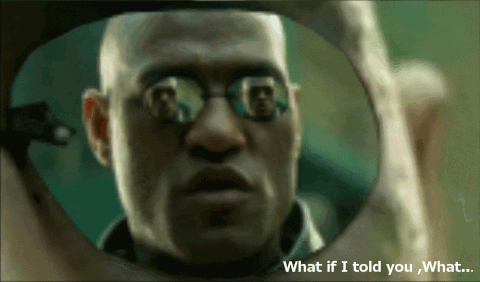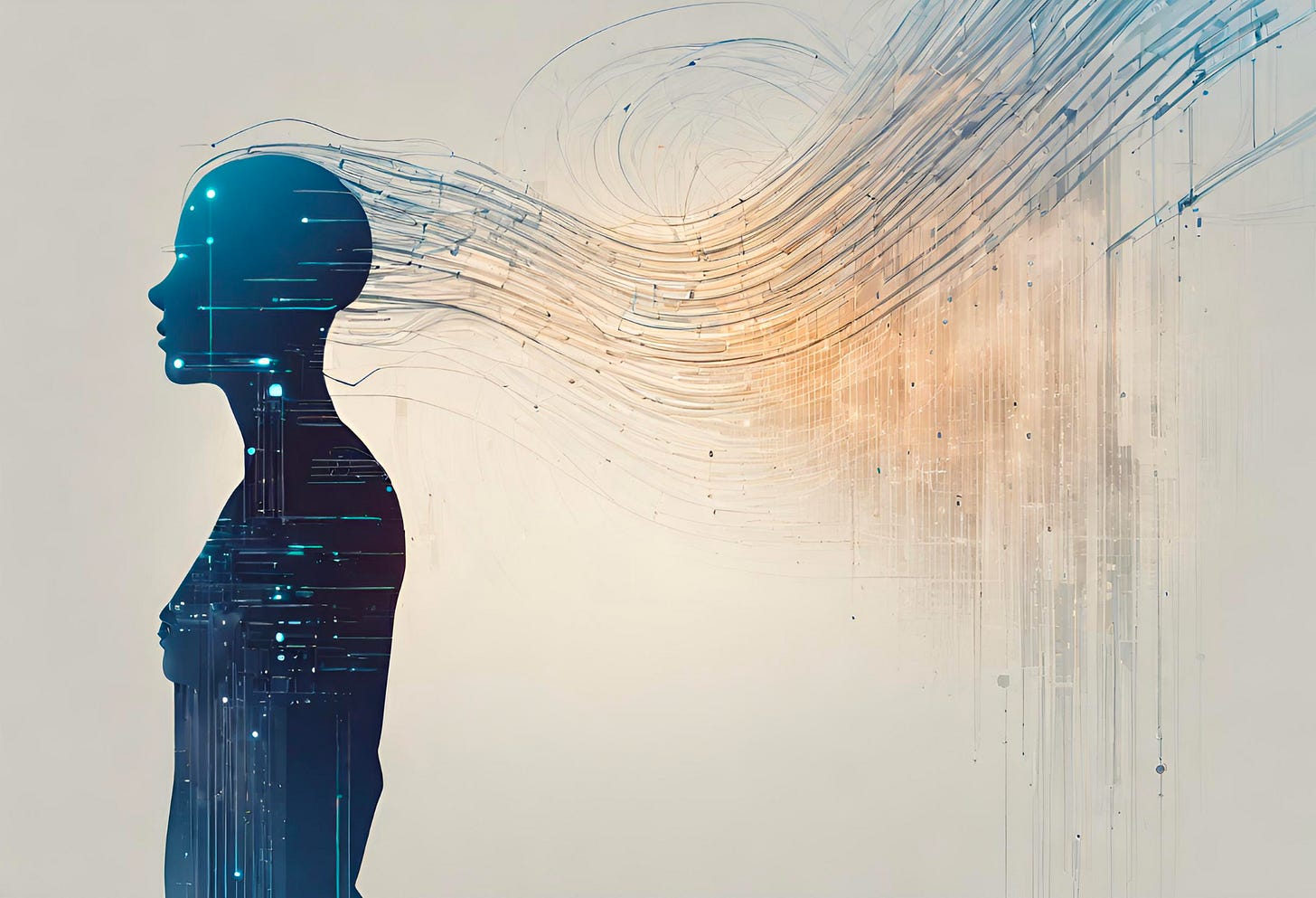Madrid, December 2023
TL;DR: Drowning in data is not swimming in wisdom. Being informed isn’t about hoarding facts; it’s about filtering noise. In an age of algorithmic junk food, the most important skill is the ability to say “I don’t know” and refuse the plate.
What if I told you that drowning in information is not the same as swimming in knowledge?
Welcome to the Information Mirage.
The Illusion of Abundance
From the moment we wake to the gentle chime of notifications, the deluge begins. We sip our morning coffee while scrolling through a barrage of headlines. We spend our workday bombarded by metrics. We end our evening doom-scrolling through the latest global catastrophe.
We consume more information in a single day than a medieval peasant consumed in a lifetime. And yet, we feel stupider than ever.
This is the Illusion of Abundance. We believe that having access to infinite facts makes us wise. But having access to a library doesn’t make you a scholar – especially when the library is on fire and the librarian is an algorithm designed to make you angry.
Denzel Washington in 2017 sure sounds very prophetic now:
What a G. Moving on…
A Sea of Noise
Think of the Information Age as an all-you-can-eat buffet. Everything is on display. But 99% of it is junk food.
Drowning in a sea of information doesn’t make you a swimmer; it just makes it harder to stay afloat. We are bombarded with “Breaking News,” but news is to the mind what sugar is to the body. It is cheap, addictive, and leaves you malnourished.
Being truly informed isn’t about hoarding gigabytes of data. It is about Curatorship. You don’t hang every painting on the wall. You select the masterpieces and burn the rest.
Chaperoned Thinking
Here is the kicker. Most of the information you consume is not neutral. It is Chaperoned Thinking.
Whatever your political persuasion, “The Current Thing” masquerades as absolute truth. The algorithm feeds you exactly what you want to hear to keep you engaged. It leads you down a one-way street of distorted perspectives.
To escape this trap, you need to turn on your Spidey-Sense. You need to become a detective of your own diet.
Who wrote this?
Why do they want me to believe it?
What are they leaving out?
Don’t believe everything you read. And definitely don’t read everything you believe.
What's Real Anyway?
The challenge is getting harder. In an era of AI-generated content, the line between real and artificial is dissolving. Images, articles, and even voices can be hallucinated by a machine.
The quest to separate the real from the artificial requires a new kind of skepticism. It requires the ability to look at a “fact” and ask: Is this true, or is this just convenient?
The Power of “I Don’t Know”
In a world that glorifies “Hot Takes” and instant opinions, the most radical thing you can say is: “I don’t know.”
Acknowledging the limits of your knowledge is not ignorance. It is humility. It is the only defense against the Information Mirage.
Saying “I don’t know” is the spark of curiosity. Saying “I know” is the death of learning.
As the Dalai Lama put it:
“When you talk, you are only repeating what you already know. But if you listen, you may learn something new.”
Conclusion
So, what do we do? I don’t have a perfect answer, but I have a rule of thumb:
Stop trying to drink the ocean. The goal is not to collect more dots. The goal is to connect the dots you already have.
It is not about drowning in information; it is about learning to surf the waves. And if the waves get too high? Get out of the water.
Unplug. Touch grass. Read a book written before you were born. Turning your back on the noisy crowd isn’t ignorance. It’s the only way to hear yourself think.




